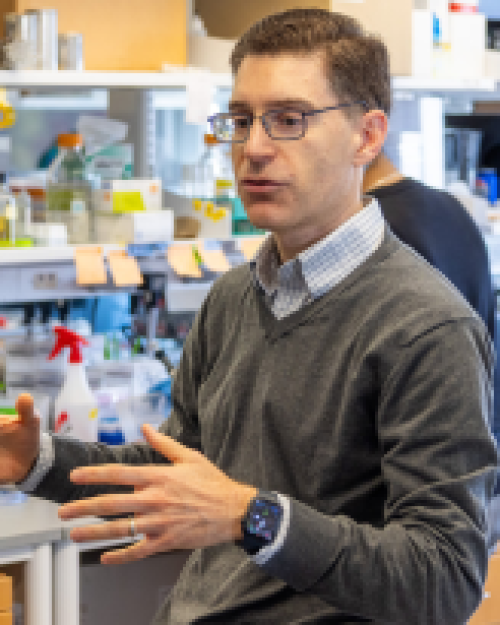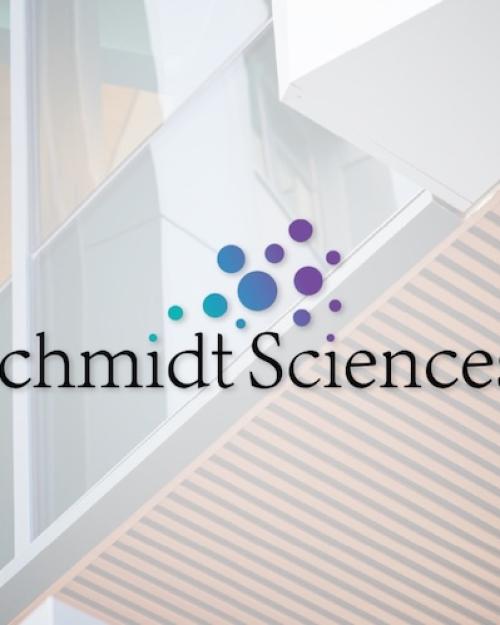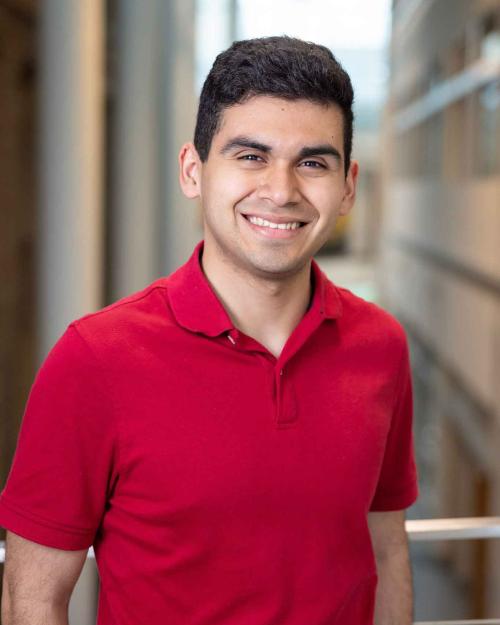Julian Morales
Chemistry and Chemical Biology
Hackensack, N.J.
What was your favorite class and why?
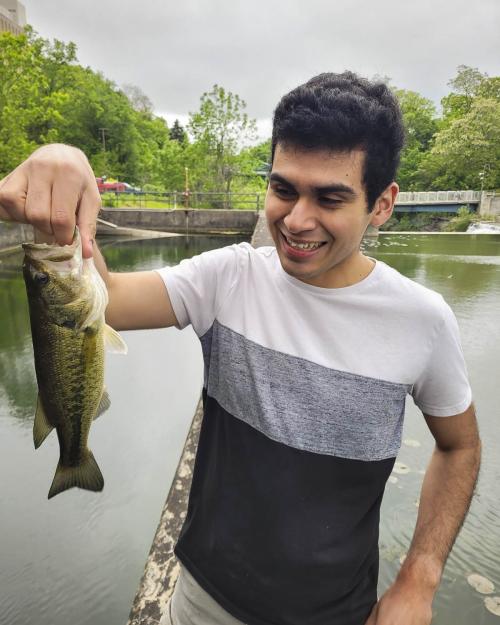
Contrary to popular belief, the chemistry lab courses on the honors track have been my favorite and most enjoyable classes by far. With a strong focus on common practical applications of chemistry techniques, I’ve found that, from organic synthesis to analytical experimentation, each subset of chemistry is fascinating and intriguing in its own way. For each lab, it’s like following a well-made recipe from a cookbook, except the cookbook says to use some corrosive or toxic ingredients with caution.
What is your main extracurricular activity and why is it important to you?
My time as a cadet in the Cornell Army ROTC program has been demanding, but extremely worthwhile. The unique challenges and change of pace from standard academic life create an extremely tight-knit community that I’m proud to be a part of, introducing me to my closest friends and best mentors. I’ve learned to hone my leadership abilities, develop critical problem-solving skills and become resilient through some of the hardest challenges I’ve faced. From carrying more than 50 pounds of equipment for miles in freezing temperatures to intensively planning program-wide training events, I’ve realized the importance of developing and improving your own leadership style to communicate effectively with others and accomplish a well-defined goal.
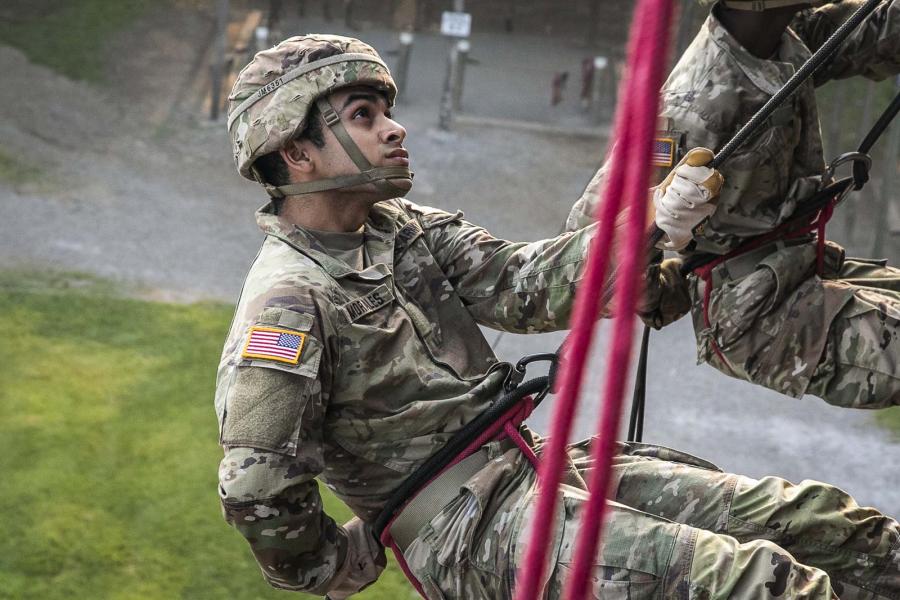
What have you accomplished as a Cornell student that you are most proud of?
My research with both the Hyster Group and the Chang Group in the chemistry department has been most important in my development as a scientist. The Hyster Group introduced me to the world of photoenzymatic catalysis for new synthetic methods, while the Chang Group has shown me new chemoproteomic ways of identifying enzymes in the human gut. Each group demonstrates that the world of chemistry is massive and ever evolving, with much of the work requiring an interdisciplinary skillset from other physical and life sciences. This skillset doesn’t come in the form of one researcher, but rather multiple individuals working together as a team. As an undergraduate researcher, I have found that I am still able to make worthy contributions to further chemical research, while absorbing as much information as I can to prepare myself for later graduate studies.
Who or what influenced your Cornell education the most?
The close friends that I’ve made at Cornell have been most influential in my education, as they have provided the main support that’s allowed me to enjoy my time here with a busy schedule. These few come from all sorts of different schools at Cornell: Arts & Sciences, CALS, Dyson, ILR to name a few. Regardless, they’ve all been the best friends I could have ever asked for, showing me that you also need to be happy to be healthy and successful in your daily life.
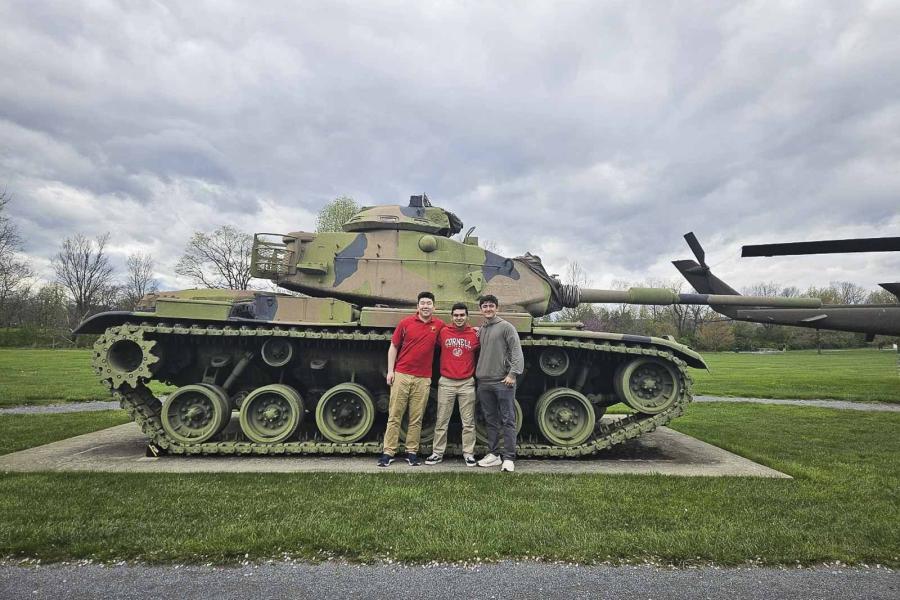
What are your plans for next year?
I will be attending graduate school at UCLA to earn my Ph.D. in organic chemistry and continue my scientific journey. It'll be my first time ever going to the West Coast, so I'm certain it'll be a captivating experience. As well, I will begin my first assignment as a newly commissioned U.S. Army transportation officer in Los Angeles.
Every year, our faculty nominate graduating Arts & Sciences students to be featured as part of our Extraordinary Journeys series. Read more about the Class of 2024.

